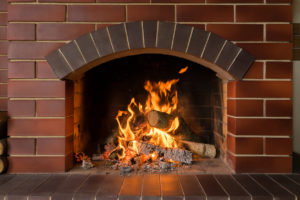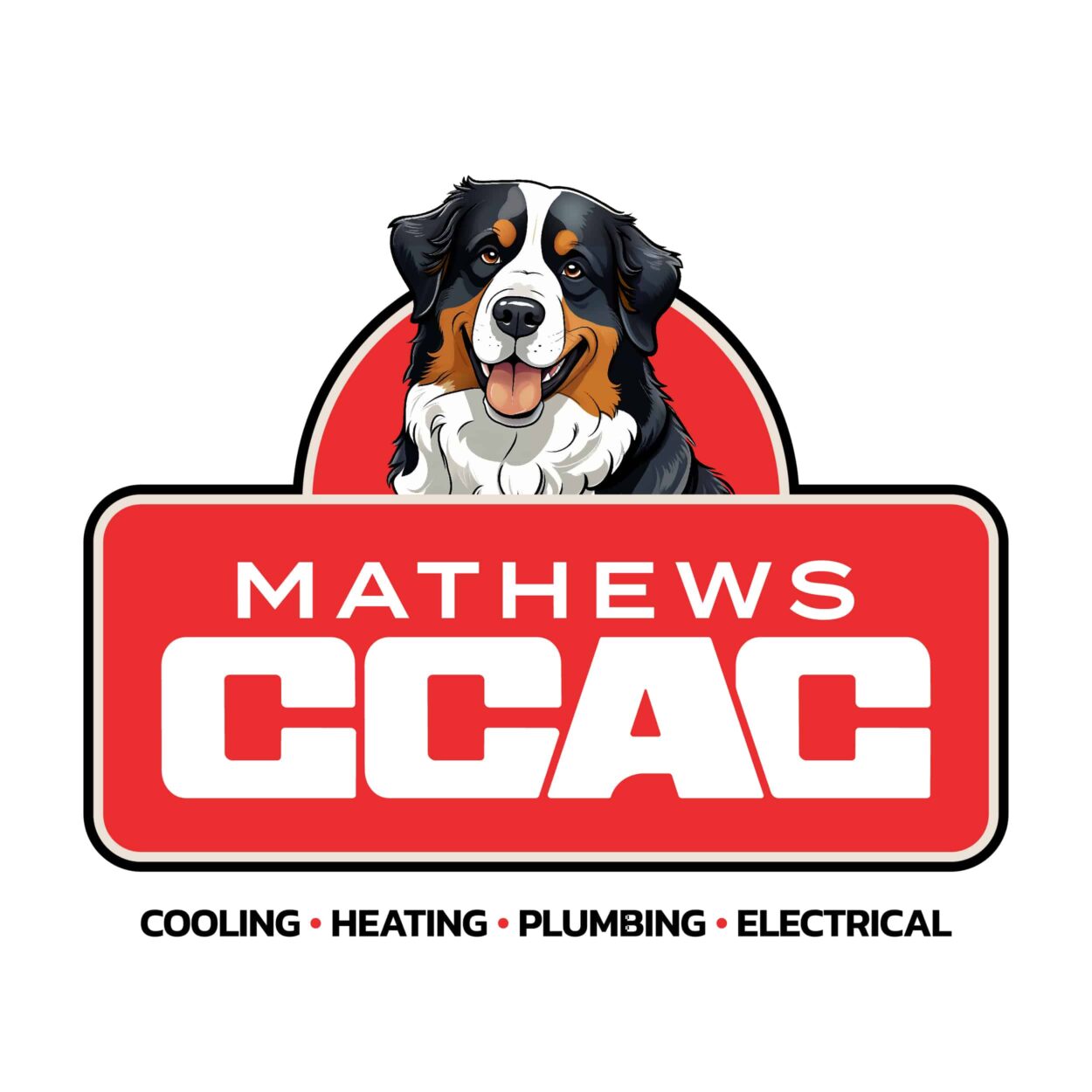 It’s hard to believe that winter indoor air quality (IAQ) could be an issue this far south, but for a few months every year, it’s chilly enough to keep the doors and windows closed. As the temperatures fall, air quality might become an issue.
It’s hard to believe that winter indoor air quality (IAQ) could be an issue this far south, but for a few months every year, it’s chilly enough to keep the doors and windows closed. As the temperatures fall, air quality might become an issue.
Sources of Poor IAQ
The most common contributor to declining IAQ is the use of products that contain volatile organic compounds. They come from many common household cleaning products, scented candles, anything with perfume, home improvement materials, especially paint, and attached garages.
Storing yard and pool chemicals in the garage may expose you to VOCs, or fumes coming from your vehicles. Fireplaces and gas stoves also emit VOCs to varying degrees.
VOCs are a concern because they sometimes have serious health effects like nervous system disorders and cancer. Mild symptoms include respiratory irritation or flu-like systems.
The dust load in your home can degrade IAQ, especially for anyone who suffers from allergies. Dust mite waste is a common allergy trigger, as are mold spores.
Solutions
Fortunately, there are plenty of ways to improve winter indoor air quality by
Keeping the air filter for the furnace clean removes more airborne allergens.
Using a higher quality, denser air filter will remove more offending particulates, helping allergy and asthma sufferers.
Installing UV (ultraviolet) lights inside the air handler and ductwork reduces the populations of mold, bacteria and viruses, as well as rendering VOCs less toxic. These lights are energy efficient and a cost effective way to maintain higher IAQ year-round.
You can also install an energy recovery ventilator (ERV). ERVs will improve IAQ in all homes, especially those that are airtight. They pull in as much fresh air as they exhaust without raising the humidity or noticeably changing the temperature. Opening windows on mild days will also improve IAQ.
The quality of air inside your home impacts your health, which is why keeping winter indoor air quality high is so important. For more information about solutions, contact the pros at CCAC, providing trusted HVAC services for Coastal Bend homeowners.
Our goal is to help educate our customers in Corpus Christi, Texas about energy and home comfort issues (specific to HVAC systems). For more information about your HVAC system, download our free Home Comfort Guide or call us at 361-678-2495.












